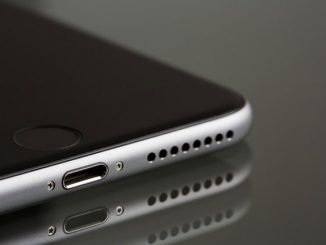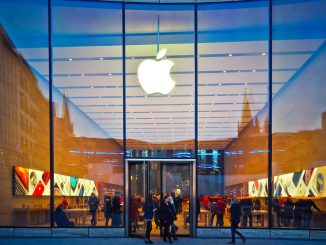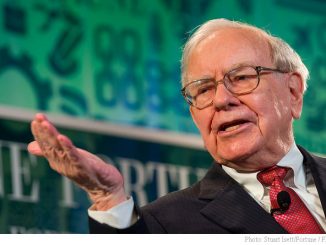
Apple‘s (AAPL) initial public offering (IPO) on December 12, 1980, was a landmark event, marking it as the largest IPO since Ford Motor Company (F) went public in 1956. The hype around Apple’s market debut was justified as the company has since ascended to become the world’s largest by valuation, hitting a $3 trillion mark in 2022 after being the first U.S. company to reach $1 trillion in 2018. According to calculations by Fortune using data from S&P Capital IQ, an investment of $10,000 in Apple at its IPO price of $22 per share would have ballooned to an astonishing $32.7 million by now, factoring in five stock splits and dividend reinvestments.
Apple’s growth has consistently outpaced the broader market. Since November 1982, its stock has delivered an impressive annualized total return of 20%, nearly double the S&P 500’s 12% over the same period. However, the journey has not been without challenges. During the 1990s, Apple faced a decline in stock performance, but the 2000 tech boom marked a turning point. From 2004 to mid-2008, the stock saw steady gains as the company expanded its product lineup beyond computers, driving its transformation into a tech powerhouse.
With the launch of groundbreaking consumer electronics like the iPod and iPhone in January 2007, Apple cemented its reputation as an industry innovator. This innovation fueled the company’s growth, with its stock delivering an average annual return of 24%, significantly outperforming the S&P 500’s 10%.
Even latecomers to the Apple investment have seen substantial returns. Warren Buffett’s foray into Apple stock from 2016 to 2018, amounting to a $40 billion investment, has been a notable success for Berkshire Hathaway (BRK-A, BRK-B). By the end of last year, Berkshire’s stake in Apple was valued at more than $174 billion, although Buffett has since reduced this holding by more than two-thirds, still leaving Apple as the largest component of Berkshire’s portfolio at around $74 billion as of Wednesday’s mid-$246 close.
Had Buffett not sold any shares, Berkshire’s Apple position would be worth over $220 billion today. However, these sales contributed to a significant profit for Berkshire last quarter, turning a previous year’s loss into a $26.25 billion profit, highlighting Buffett’s strategic investment acumen.
For long-term Apple shareholders, December 12 is not just an anniversary but a testament to enduring faith in a company that has rewritten the rules of technology and investment returns.
- Bulenox: Get 45% to 91% OFF ... Use Discount Code: UNO
- Risk Our Money Not Yours | Get 50% to 90% OFF ... Use Discount Code: MMBVBKSM
Disclaimer: This page contains affiliate links. If you choose to make a purchase after clicking a link, we may receive a commission at no additional cost to you. Thank you for your support!





Leave a Reply